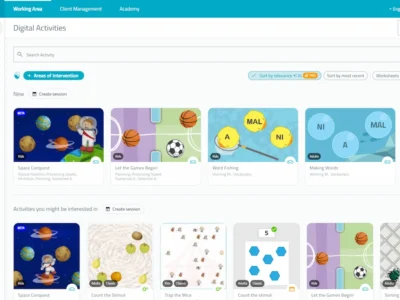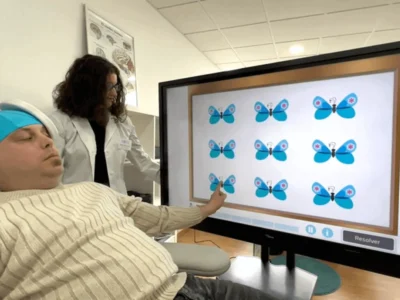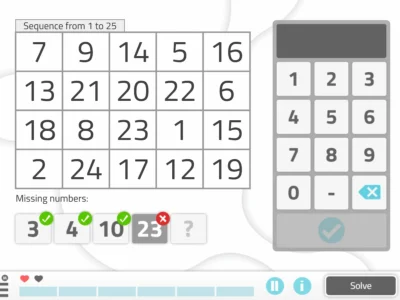In this article, MD and PhD Juan Pablo Romero Muñoz presents the study «Effects of cognitive training on balance and motor symptoms in Parkinson’s disease: an exploratory randomized controlled trial», in which our neurorehabilitation platform, NeuronUP, participated.
Relevance of the study
This study is relevant because it explores the impact of cognitive training on the improvement of motor symptoms and balance in patients with Parkinson’s disease (PD).
Through a specific intervention focused on processing speed and sustained attention, the potential of cognitive rehabilitation was evaluated as a complementary tool for managing motor symptoms.
The results suggest that this approach could help reduce the severity of motor symptoms, opening new possibilities for treatment and rehabilitation in PD.
Relevance of the study for non-specialist readers
Imagine that a simple mental training that can be done at home could help people with Parkinson’s move better and feel more stable. This is precisely what this study investigated: how exercising the mind can have a positive impact on balance control and movement in patients with Parkinson’s. The results could change the way we approach rehabilitation in Parkinson’s disease (PD).
Study methodology
The study was designed as a randomized controlled trial with 39 participants diagnosed with mild to moderate PD (Hoehn and Yahr ≤ III).
They were divided into two groups: an experimental one, which carried out a self-administered cognitive training via the NeuronUP platform, and a control group with no cognitive intervention. For four weeks, participants in the experimental group completed 30-minute sessions, three times per week, focused on sustained attention and processing speed tasks. The efficacy of the intervention was assessed using motor measures (UPDRS-III, Berg Balance Scale, TUG, %LOS) and neuropsychological measures (TMT-A, TMT-B, Stroop, Symbol Search, among others).
Study methodology for non-specialist readers
The researchers divided participants into two groups: one that performed mental training exercises at home and another that did not do this training. For one month, the experimental group carried out activities designed to improve concentration and mental speed. Afterwards, the results of both groups were compared to see if this type of training helped improve movement and balance.
Contribution of NeuronUP to the study
NeuronUP was a key component in the study by providing the cognitive training platform used by participants in the experimental group. This platform allowed the researchers to design a rehabilitation protocol focused on processing speed and sustained attention, ensuring a structured and adaptable intervention for each user.
Furthermore, NeuronUP facilitated the monitoring of the participants’ performance throughout the study, providing quantifiable data for analyzing the effects of cognitive training on motor symptoms and balance.
NeuronUP’s contribution to the study for non-specialist readers
NeuronUP provided the cognitive exercises used in the study, allowing participants to train their cognitive functions from home. Thanks to this tool, the researchers were able to assess whether improving concentration and mental speed could also help reduce some symptoms of Parkinson’s.
Those interested in learning the details of the study can access it from here.
If you liked this blog post about the effects of cognitive training on balance and motor symptoms in Parkinson’s disease, you will likely be interested in these NeuronUP articles:
“This article has been translated. Link to the original article in Spanish:”
Efectos del entrenamiento cognitivo sobre el equilibrio y los síntomas motores en la enfermedad de Parkinson: un ensayo controlado aleatorio exploratorio







 Challenging Activities for Cognitive Rehabilitation in Children and Adults
Challenging Activities for Cognitive Rehabilitation in Children and Adults
Leave a Reply